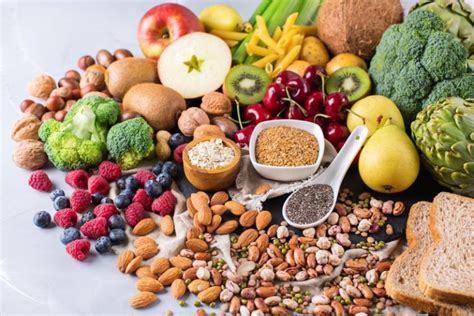Actionable diet & lifestyle tips to naturally optimize men’s T-levels?

Testosterone, often hailed as the cornerstone of male vitality, plays a crucial role in everything from muscle mass and bone density to mood and libido. While T-levels naturally decline with age, modern lifestyle factors can accelerate this process. The good news is that many men can significantly optimize their testosterone production through targeted dietary and lifestyle interventions, without resorting to synthetic solutions.
The Power of Nutrition: Fueling Your T-Levels
Your diet is a primary lever in hormone regulation. Focusing on nutrient-dense whole foods can provide the building blocks your body needs to produce testosterone efficiently.
- Embrace Healthy Fats: Cholesterol, often demonized, is a precursor to testosterone. Incorporate monounsaturated and polyunsaturated fats from sources like avocados, nuts, seeds, olive oil, and fatty fish (salmon, mackerel). Avoid trans fats entirely.
- Prioritize Protein: Adequate protein intake is vital for overall health and hormone production. Aim for lean protein sources such as chicken breast, turkey, eggs, lean beef, and plant-based options like lentils and beans.
- Load Up on Micronutrients: Zinc and Vitamin D are two of the most critical nutrients for testosterone synthesis. Good sources of zinc include oysters, red meat, shellfish, and pumpkin seeds. For Vitamin D, aim for sensible sun exposure, fatty fish, and fortified foods. Consider a high-quality supplement if your levels are low. Magnesium is another key player found in leafy greens, nuts, and whole grains.
- Mind Your Carbohydrates: Don’t eliminate carbs entirely, but opt for complex carbohydrates like whole grains, fruits, and vegetables over refined sugars and processed foods. Balanced carb intake supports energy levels and prevents cortisol spikes that can suppress testosterone.

Lifestyle Adjustments for Hormonal Harmony
Beyond the plate, your daily habits exert a profound influence on your endocrine system.
- Regular Strength Training and HIIT: Exercise, particularly resistance training and high-intensity interval training (HIIT), has been consistently shown to boost testosterone. Focus on compound movements (squats, deadlifts, bench presses) that engage large muscle groups. Avoid chronic, excessive endurance exercise, which can sometimes have the opposite effect.
- Prioritize Quality Sleep: Sleep deprivation is a major T-level killer. Aim for 7-9 hours of high-quality sleep per night. Establish a consistent sleep schedule, optimize your bedroom environment (dark, cool, quiet), and limit screen time before bed.
- Manage Stress Effectively: Chronic stress elevates cortisol, a hormone that directly competes with testosterone. Incorporate stress-reduction techniques into your daily routine, such as meditation, yoga, deep breathing exercises, spending time in nature, or hobbies you enjoy.
- Limit Alcohol and Avoid Smoking: Excessive alcohol consumption can impair testosterone production. Moderate intake (1-2 drinks per day) may be acceptable for some, but heavy drinking is detrimental. Smoking is also strongly linked to lower T-levels and overall poorer health.

Additional Considerations for Optimal T-Levels
A holistic approach often yields the best results.
- Maintain a Healthy Weight: Obesity, particularly abdominal fat, is strongly associated with lower testosterone levels. Fat cells contain an enzyme called aromatase, which converts testosterone into estrogen. Losing excess weight can significantly improve your T-levels.
- Consider Natural Supplements (Wisely): While diet and lifestyle are paramount, some men might benefit from certain supplements. Vitamin D, Zinc, Magnesium, Ashwagandha, and Fenugreek have some research supporting their role in T-optimization. Always consult a healthcare professional before starting any new supplement regimen, especially if you have underlying health conditions.
- Minimize Endocrine Disruptors: Be mindful of exposure to chemicals found in plastics (BPA, phthalates), pesticides, and certain personal care products, as these can interfere with hormone function. Opt for natural alternatives where possible.

Conclusion
Optimizing your testosterone levels naturally is an achievable goal that can lead to profound improvements in energy, mood, strength, and overall well-being. By making conscious choices about your diet, committing to regular exercise, prioritizing sleep, and managing stress, you empower your body to produce and maintain healthy testosterone levels. Remember, consistency is key, and consulting with a healthcare provider can offer personalized guidance on your journey to peak male vitality.









